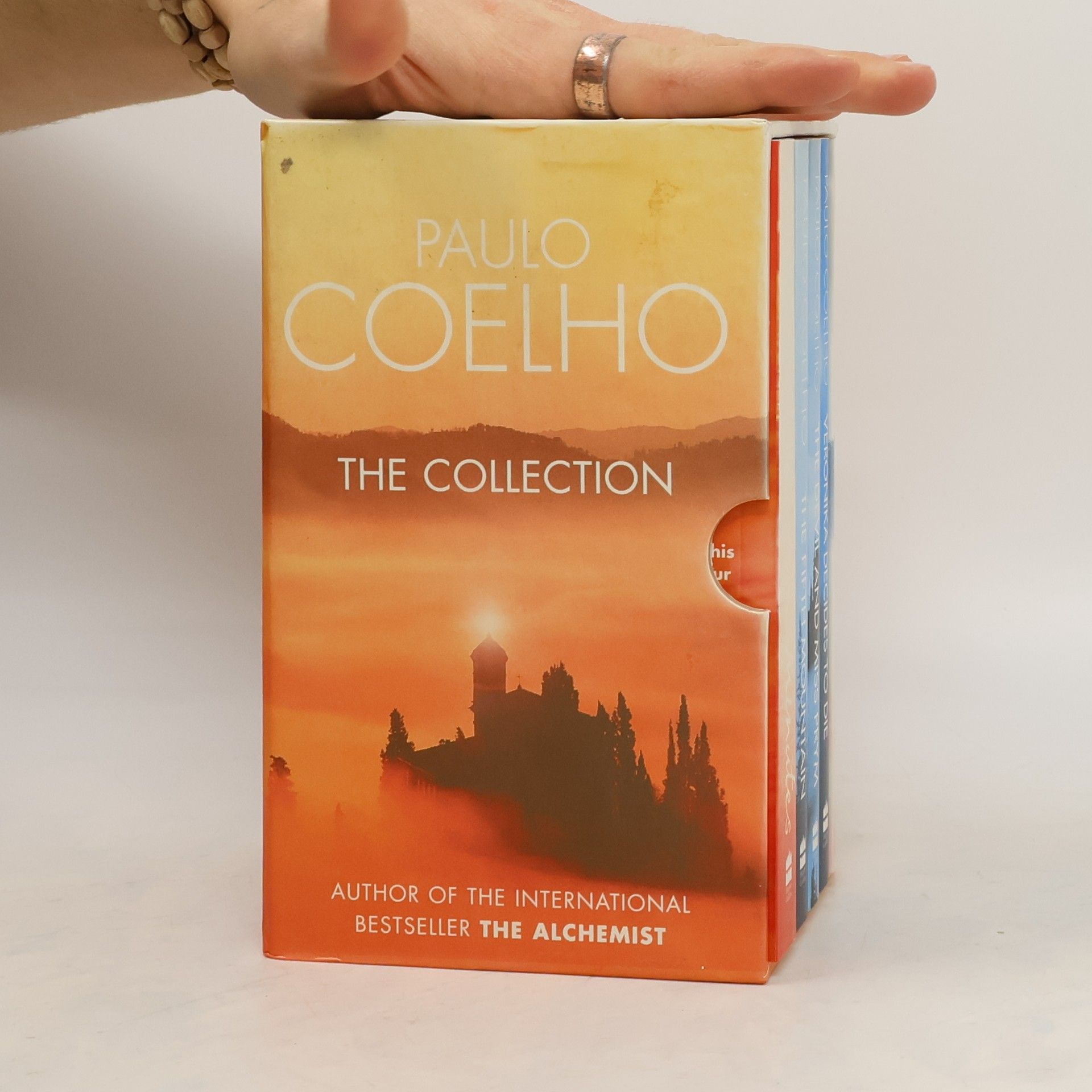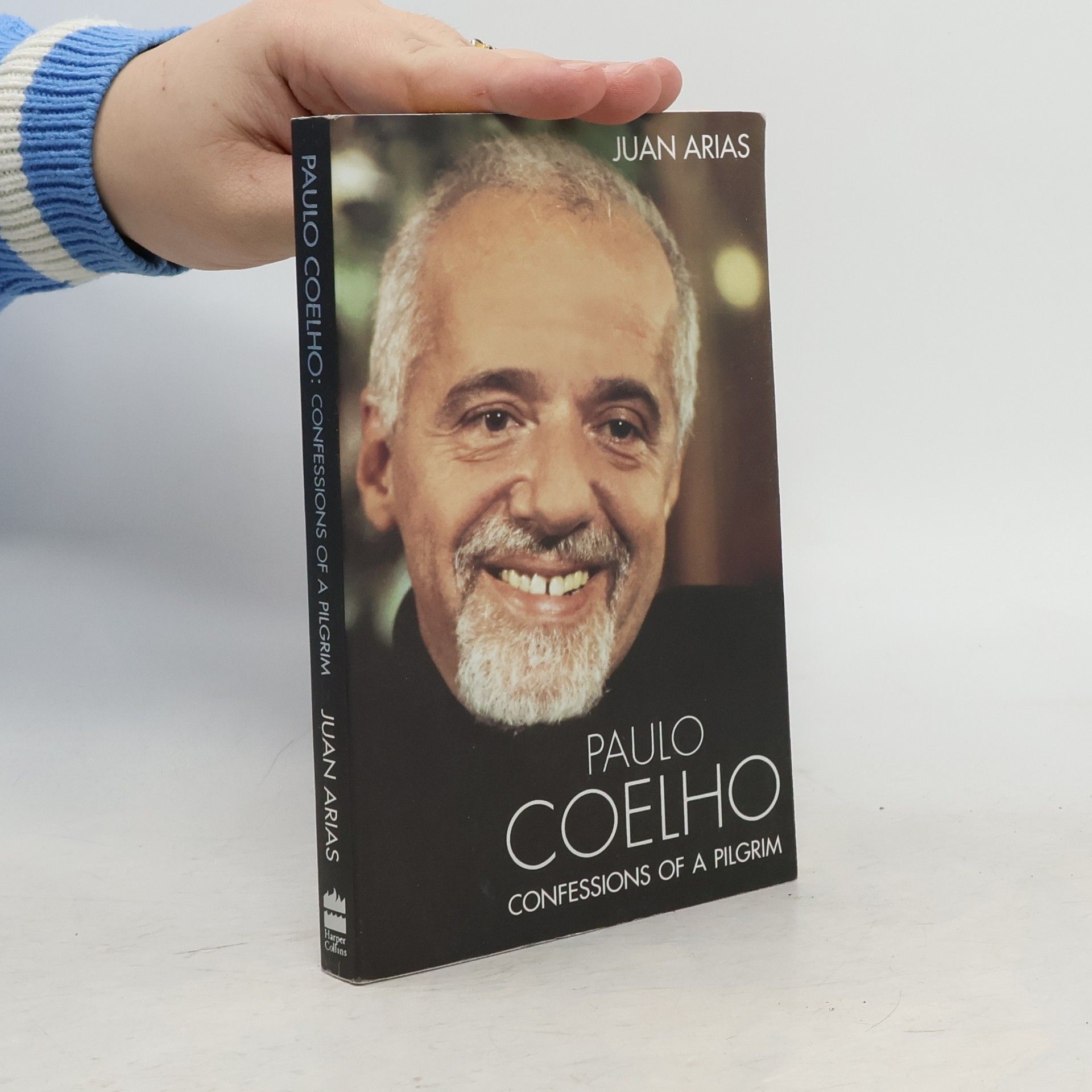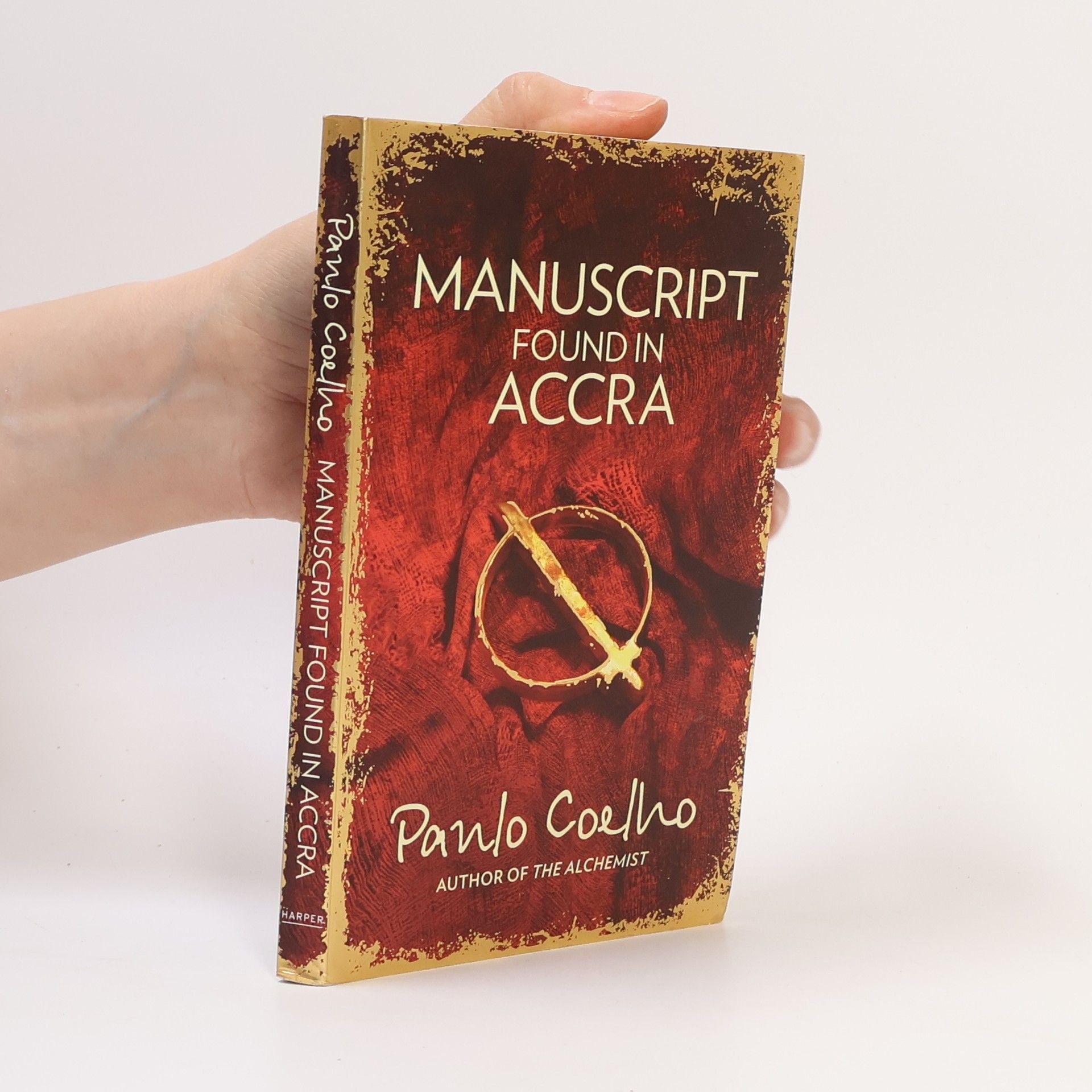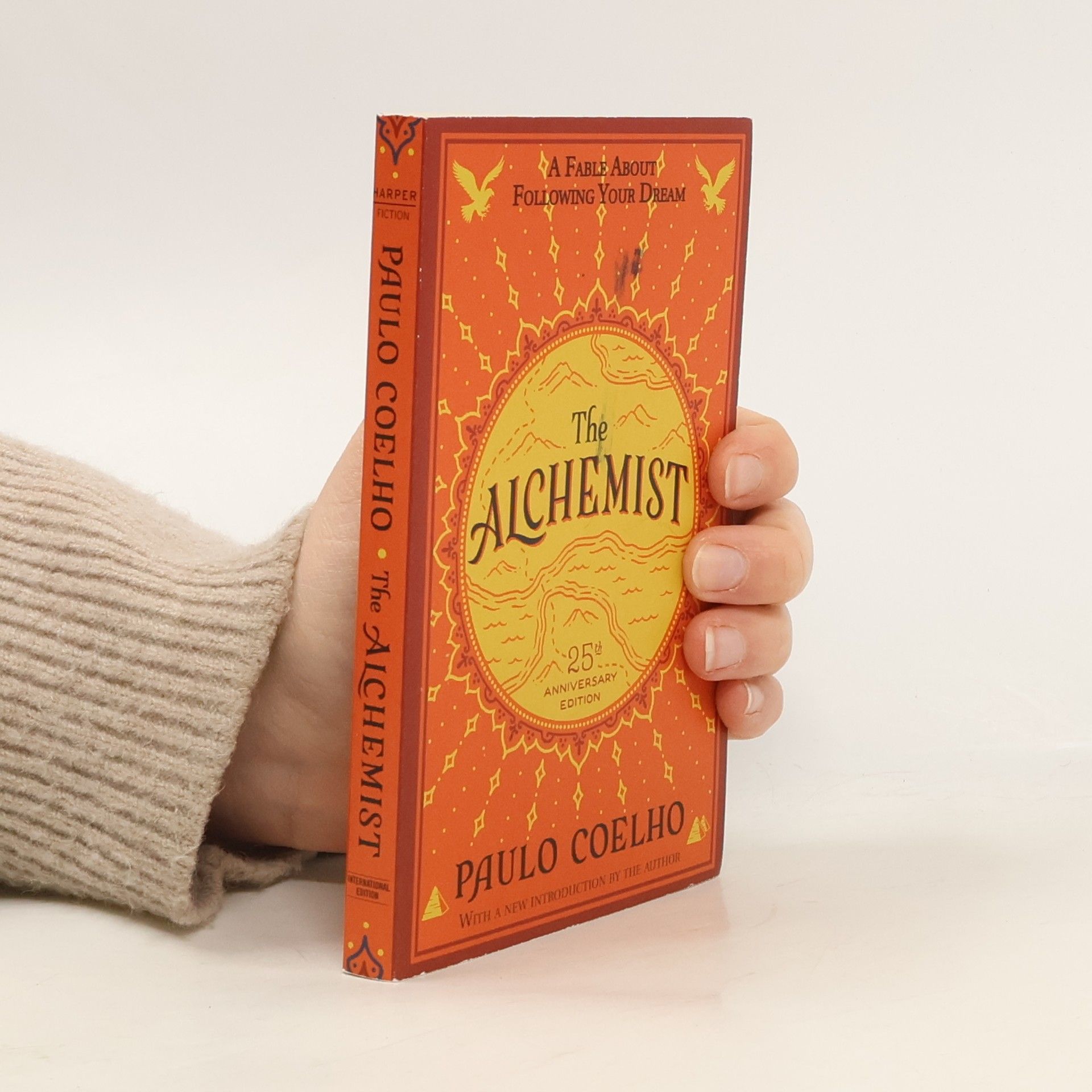HarperCollins India presents a must-have collection of 10 super-hit titles by the bestselling author in one stunning box. This collection showcases some of his best works in one superb package. It is a beautiful gift that will have fans in raptures over its contents. This box set includes: The Alchemist Veronika Decides To Die The Zahir The Valkyries The Witch Of Portobello The Pilgrimage By The River Piedra Eleven Minutes Devil And Miss Prym Fifth Mountain
Paulo Coelho Books
Paulo Coelho, a Brazilian author, is celebrated for his profound explorations of spiritual journeys and self-discovery. His narratives are characterized by their accessible prose and universal themes, resonating deeply with a global readership. Coelho skillfully employs allegory and symbolism to delve into concepts of destiny, free will, and the pursuit of one's dreams. His distinctive literary voice, shaped by personal experiences and global folklore, invites readers to introspection and encourages the pursuit of their 'Personal Legend'.


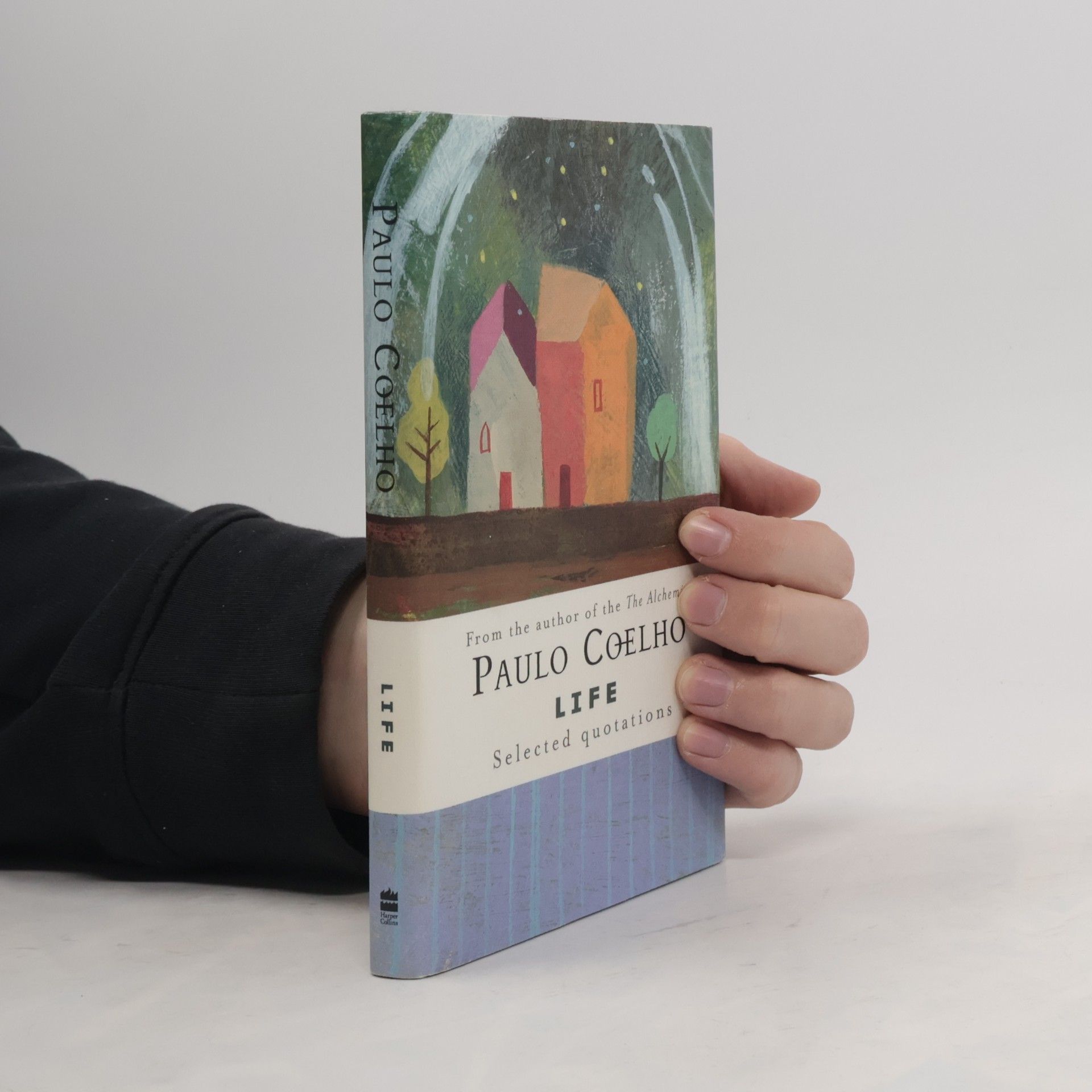
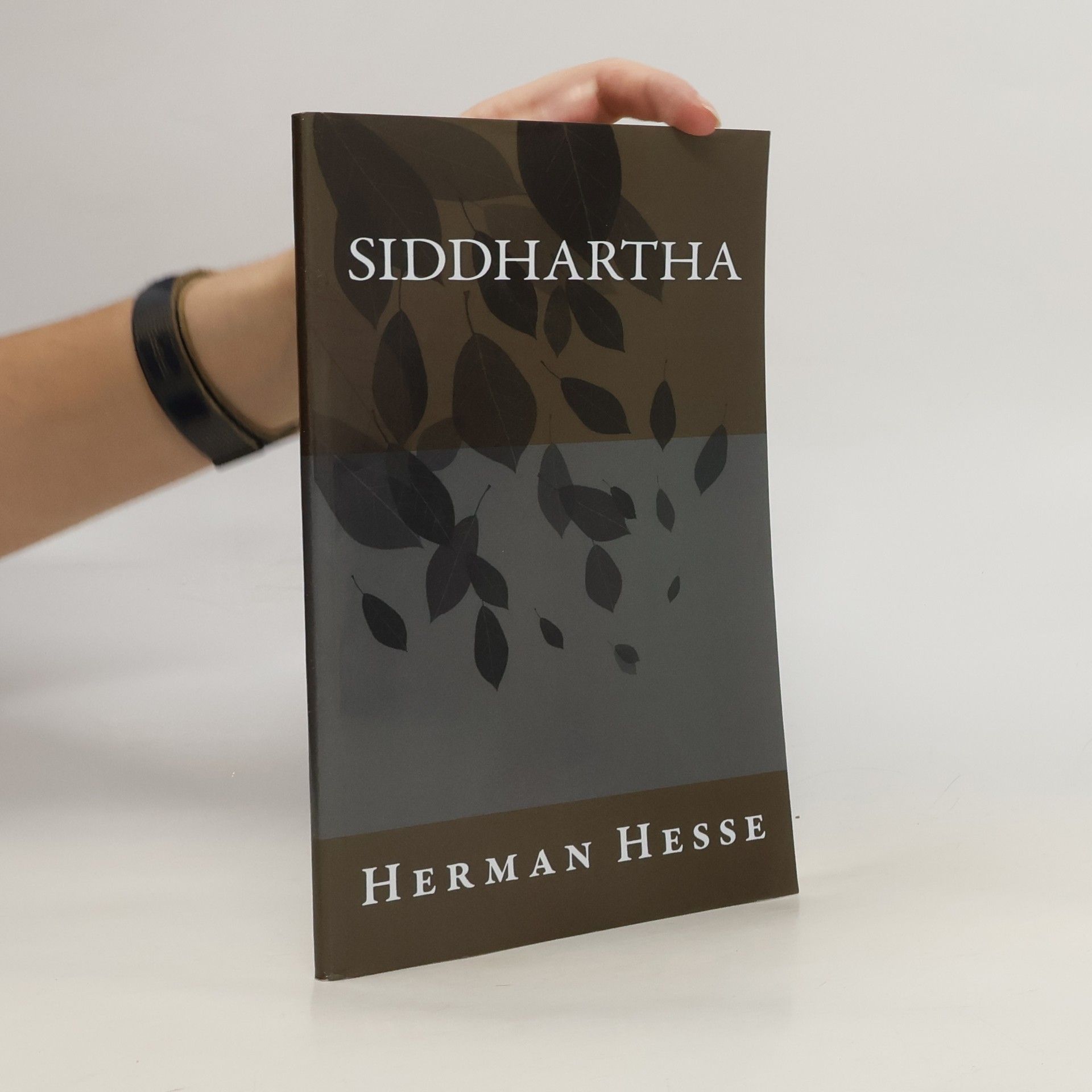
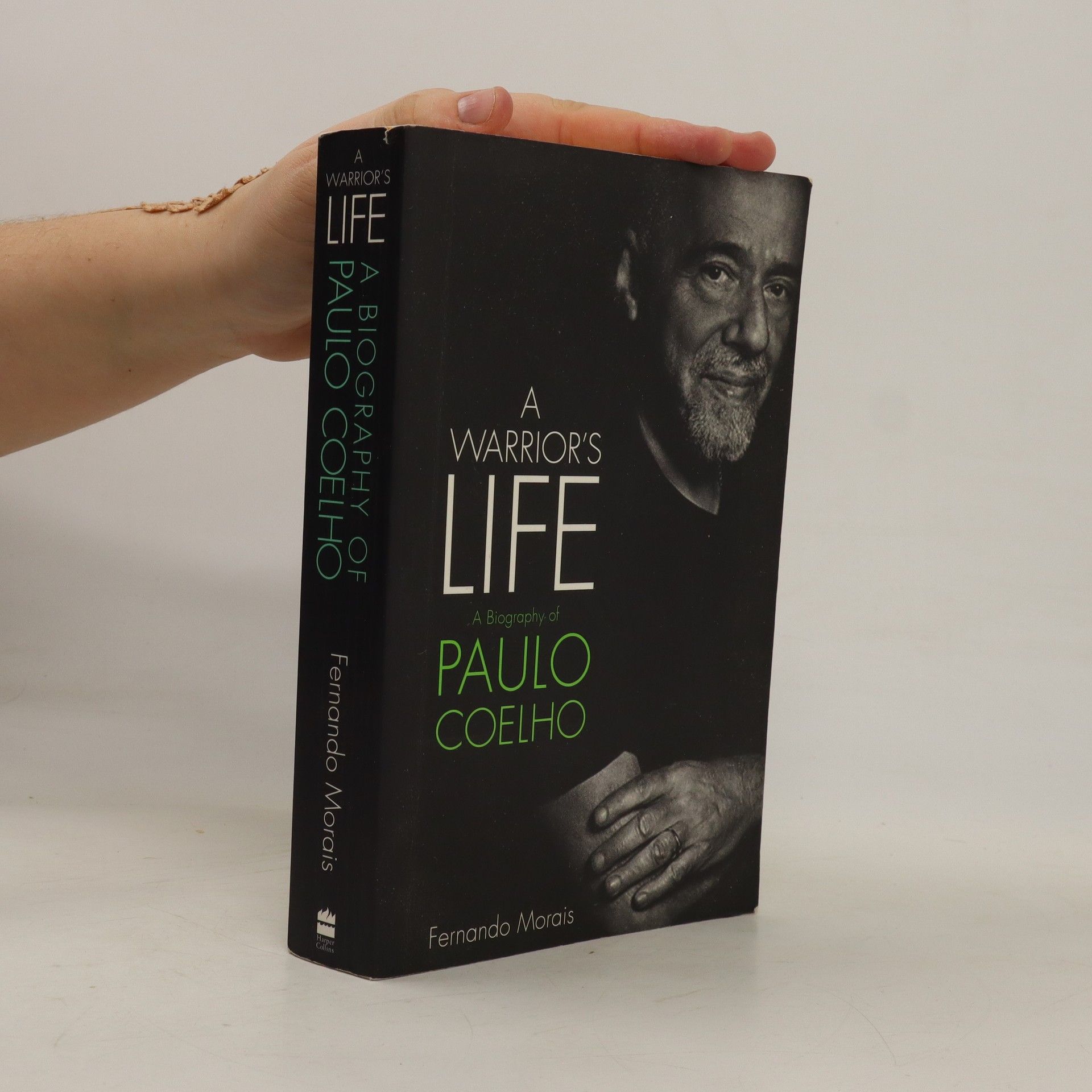

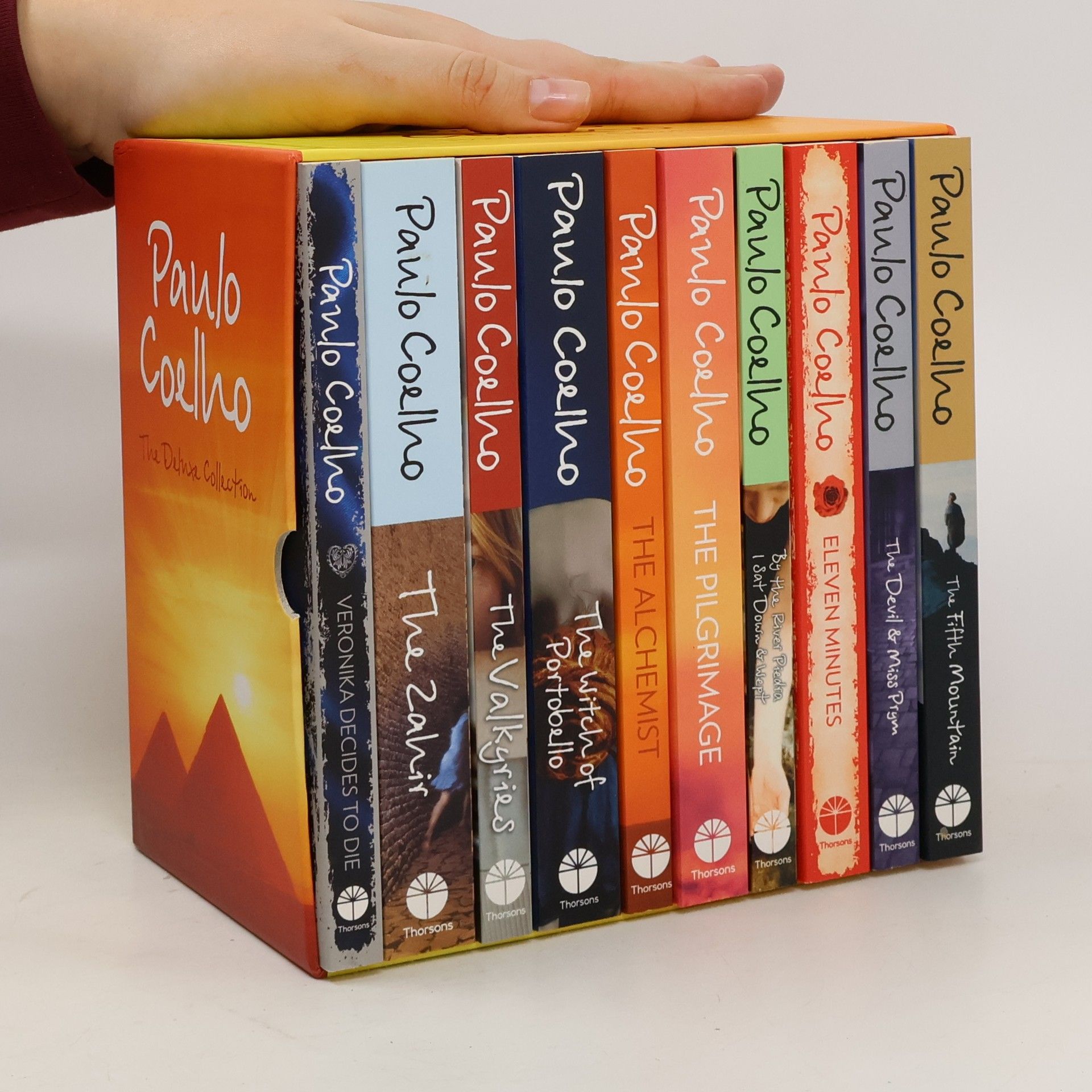
Encounters: Day Planner 2021
- 264 pages
- 10 hours of reading
A 2021 agenda based on the writings of Paulo Coelho, one of the world's most beloved and inspirational authors. World-renowned author Paulo Coelho has inspired millions with bestselling classics like The Alchemist, The Pilgrimage, Manuscript Found in Accra, Adultery, The Spy and most recently, Hippie. Now, with this 2021 day planner, the same wisdom that draws readers to his books time and time again can serve as a source of daily inspiration year round. Available in English and Spanish, Encounters (Encuentros) features moving and revealing quotes by internationally beloved author Paulo Coelho. More than your average planner, readers can begin each day with a word of wisdom, receive spiritual food-for-thought as they navigate through their everyday lives, and have Coelho be their guide as they plan and embark on their own travels and personal journeys.
Paulo Coelho is a worldwide phenomenon. At a time when he is coming up to the fantastic achievement of 100 million copies sold worldwide across all his books, his fans will be delighted with the first ever official biography of Paulo, an in-depth look at his life and work, and what makes him the much-loved author he is today.
Siddhartha
- 94 pages
- 4 hours of reading
Siddhartha is a literature & fiction classic 1922 novel written by German novelist Hermann Hesse. Siddhartha is categorized by some as literary fiction or genre fiction, while others classify the novel as religious & inspirational. Siddhartha deals with the spiritual journey of self discovery of a man named Siddhartha during the time of the Gautama Buddha. The word Siddhartha is made up of two words in the Sanskrit language, siddha which means achieved and artha which means what was searched for, and which together it means he who has attained his goals or he who has found the meaning of existence. Siddhartha was Hermann Hesse's ninth literature & fiction novel and it was written in a simple, lyrical style. Whether categorized as literary fiction, genre fiction, or religious & inspirational, Siddhartha has a cemented place in literature & fiction as a classic novel and an all time great work by Hermann Hesse.
Life
Selected quotations
A treasury of selected quotations from one of the world’s best-loved and best-selling writers and the author of The Alchemist.
The Paulo Coelho Collection, 5 Vols.
- 1200 pages
- 42 hours of reading
The Alchemist The Devil and Miss Prym Eleven Minutes Veronica Decides To Die The Fifth Mountain
Paulo Coelho: The Collection. 5 Volumes
The Alchemist. Eleven Minutes. The Fifth Mountain. The Devil and Miss Prym. Veronika Decides To Die
- 5 volumes
- 1200 pages
- 42 hours of reading
The Alchemist The Devil and Miss Prym Eleven Minutes Veronica Decides To Die The Fifth Mountain
These conversational style interviews with Paul Coehlo, conducted by journalist Juan Arias, cover a wide range of topics including: Paul's being institutionalized as a young man for his artistic leanings; his kidnapping and torture by paramilitaries; his experiences with Black Magic and drugs; his epiphany at Dauchau, and vision of his own death; his views on the nature of writing and the spiritual quest.
Manuscript found in Accra
- 194 pages
- 7 hours of reading
The latest novel from #1 internationally bestselling author Coelho is a classic of inspiration and reflection. A novel of philosophical reflection set in Jerusalem during the time of the Crusades. Here a community of Christians, Arabs, and Jews who have long lived together harmoniously have been warned of an imminent attack and certain destruction.
The Alchemist
- 208 pages
- 8 hours of reading
An international bestseller Over 80 million copies sold worldwide A PBS Great American Read Top 100 pick A special 25th anniversary edition of the extraordinary international bestseller, including a new Foreword by Paulo Coelho. Combining magic, mysticism, wisdom and wonder into an inspiring tale of self-discovery, The Alchemist has become a modern classic, selling millions of copies around the world and transforming the lives of countless readers across generations. Paulo Coelho's masterpiece tells the mystical story of Santiago, an Andalusian shepherd boy who yearns to travel in search of a worldly treasure. His quest will lead him to riches far different—and far more satisfying—than he ever imagined. Santiago's journey teaches us about the essential wisdom of listening to our hearts, of recognizing opportunity and learning to read the omens strewn along life's path, and, most importantly, to follow our dreams.
